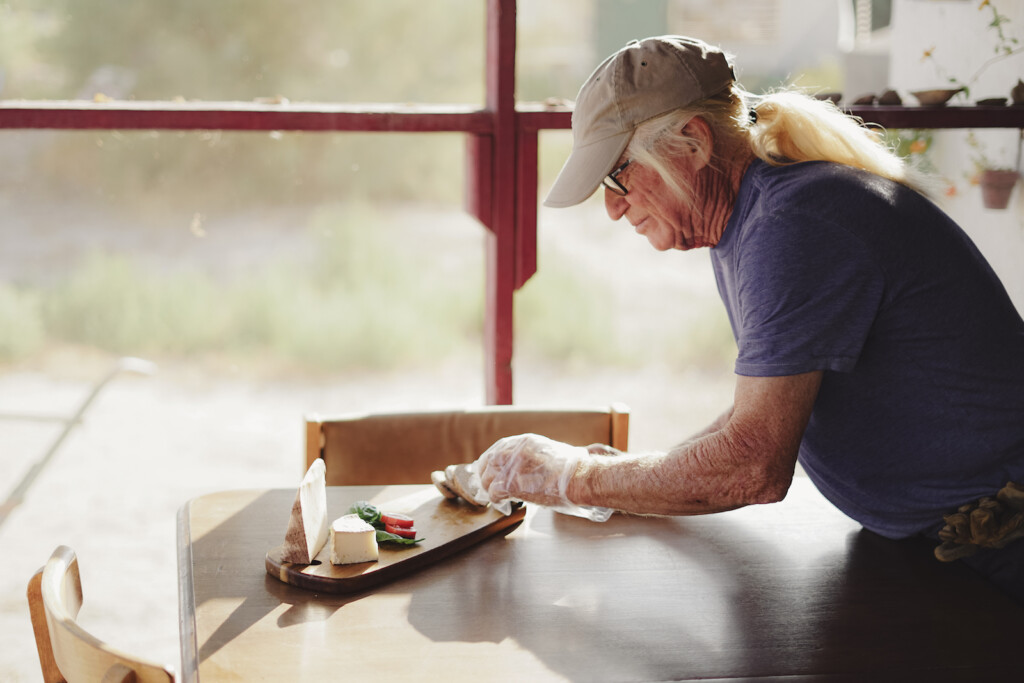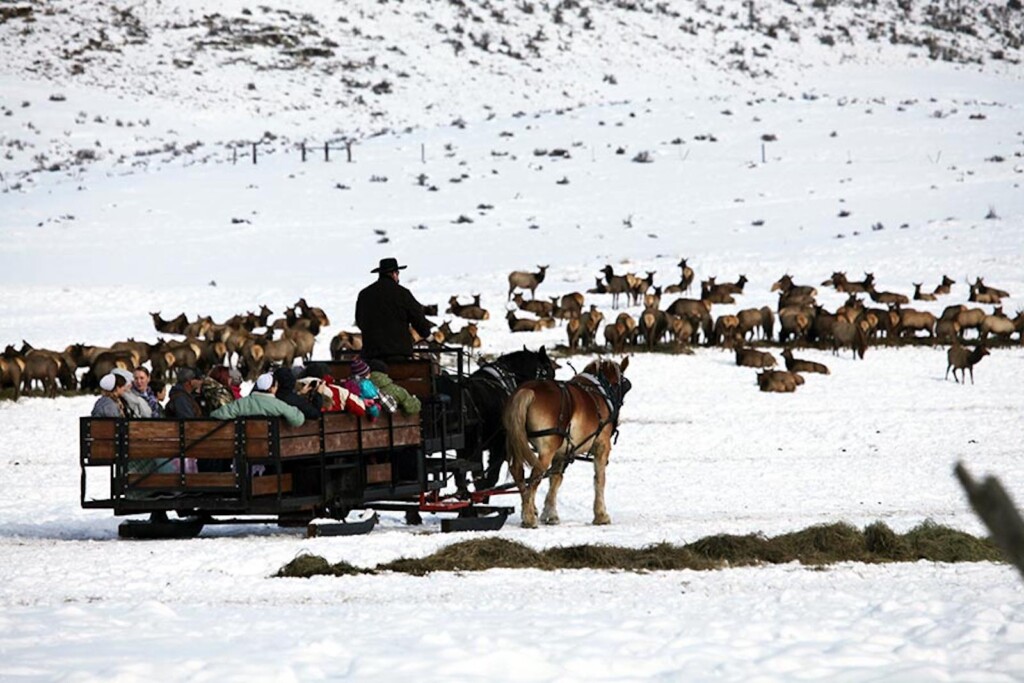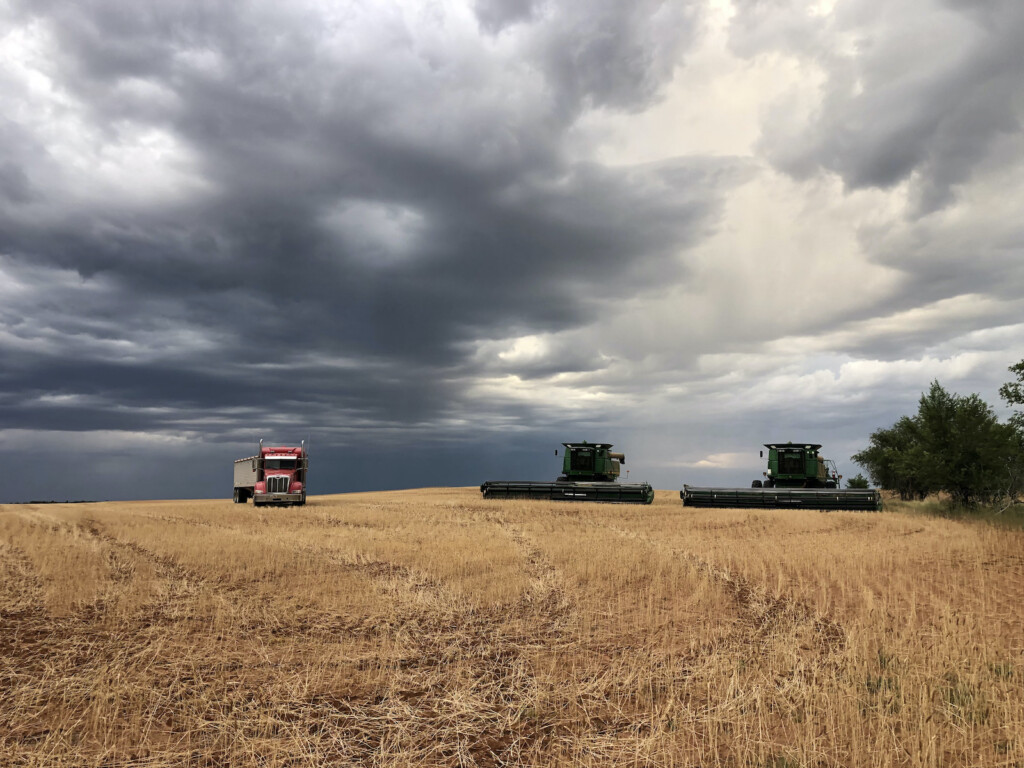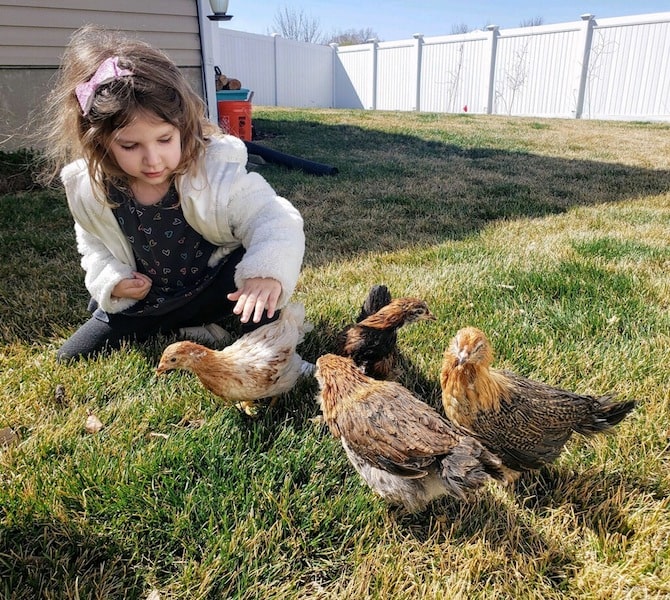
Utahns are known for their food storage and preparedness methods and have been encouraged for years to acquire food storage and a 72-hour kit in case of an earthquake or other emergency. For those who did, that storage came in handy during last year’s woes.
While many of us had a difficult time believing that we were, in fact, experiencing a pandemic during our lifetime, others simply continued on, knowing that no matter what happened, they would be fine. In April of 2020, a poll posted at “@UtahPolicy, indicated 37% of households feel they are very prepared, and 56% feel somewhat prepared” to withstand the coronavirus pandemic.”
With the closure of businesses, mask mandates, and quarantine orders, 2020 felt like the apocalypse. Thousands of people were laid off from work creating a huge need for basic necessities such as food.
With that in mind, many folks did what others were already doing — they took to homesteading and backyard gardening to combat the shortage of certain products, or to simply avoid the store entirely. Homesteading doesn’t have the same connotation it did during the era of the pioneers when folks literally put a stake in the ground to claim their land.
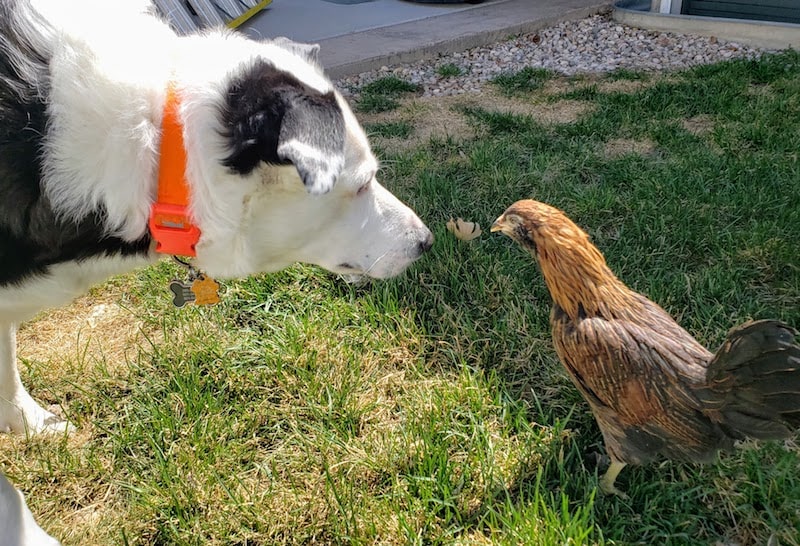
In today’s world, homesteading means having chickens, growing a garden, beekeeping, or possibly raising goats or pigs. Not only does homesteading put dinner on the table, it also offers a way to make some extra cash by selling produce, eggs, and honey. And, if you can’t sell it all, you can donate it to a local food bank to help combat hunger in your community.
If you spend some time hanging out at your local Intermountain Farmers Association (IFA), you will undoubtedly run into folks putting their gardening skills to work. The store is buzzing with activity and this is just one location where folks come to learn new skills and bond over turnips, carrots, and potatoes.
Baby chicks are undeniably cute, but remember that they are flocking birds, so you can’t get just one. They begin to lay eggs after about five to six months and will likely produce far more than your family can eat. They are a great learning experience and fun to have.
Ron Miller from Bluffdale, a California transplant as of last year, is adapting to his new lifestyle on his two-acre lot where he is now tilling the dirt and getting his hands dirty planting crops.
When asked about his harvest last year, he grabbed his camera and quickly said, “let me show you.” He flipped through the photos of brightly colored bell peppers, tomatoes, and a new salsa blend of hot peppers, showing them to several folks who were waiting in line. He excitedly discussed the special colored corn he is going to grow for the kids. He explained that his son set up a card table in their front yard and sold almost $100 worth of produce every night.
Another gentleman, John Zhang, chimed in and mentioned that it was a great way for kids to learn the value of hard work. People grow a garden for all types of reasons, but one of the main reasons lately is to be self-efficient and not depend on other sources for food.
If you are new to these activities, you can sign up for classes at most CAL Ranch, Tractor Supply, or IFA stores; not to mention the USU Extension Service offers a Master Gardener Course where you learn basic botany, weed science, entomology, and landscape design. Just knowing what companion plants you can grow with tomatoes or that sunflowers are toxic to other plants is a blessing to any new gardener.

Perhaps you’d rather plant a bee friendly garden with lavender, Russian sage and penstemon flowers? If that’s you, throw in some herbs, fruits, and vegetables such as mint, pumpkin, and raspberry bushes to help nourish bees in their natural environment. If you are into beekeeping, you must be registered with the Utah Department of Agriculture and make sure to follow the rules such as “the bees must have easy access to water on the owner’s property.”
Hives must be placed so that general flight patterns avoid contact with humans and domestic animals, and hives must be maintained according to the Utah Bee Inspection Act. You can learn more at SLC.gov about beekeeping in Salt Lake City and surrounding areas.
There is much to learn about backyard gardening and homesteading. It’s good for your health, both mind and body, to get a little dirt on your hands. I encourage you to explore gardening even if you only plant an herb collection on your kitchen counter. I am sure it will bring a smile to your face when they grow, and we could all use more smiles these days.
Subscribe to Utah Stories weekly newsletter and get our stories directly to your inbox


